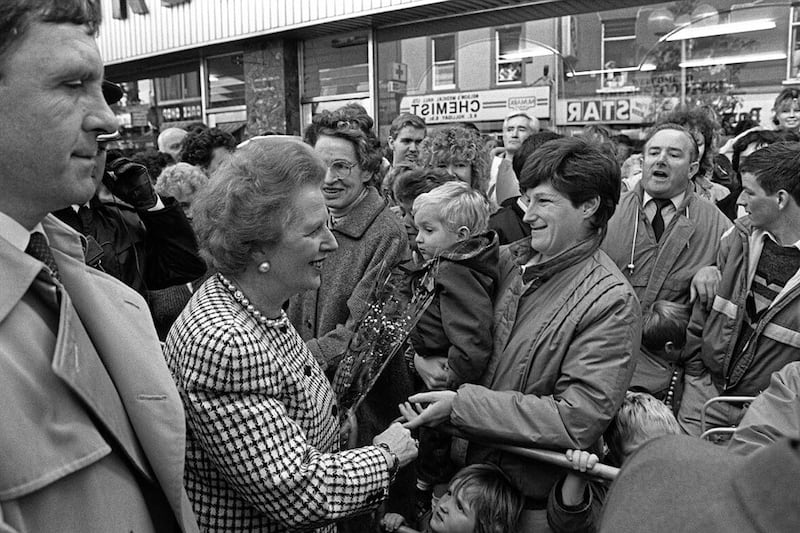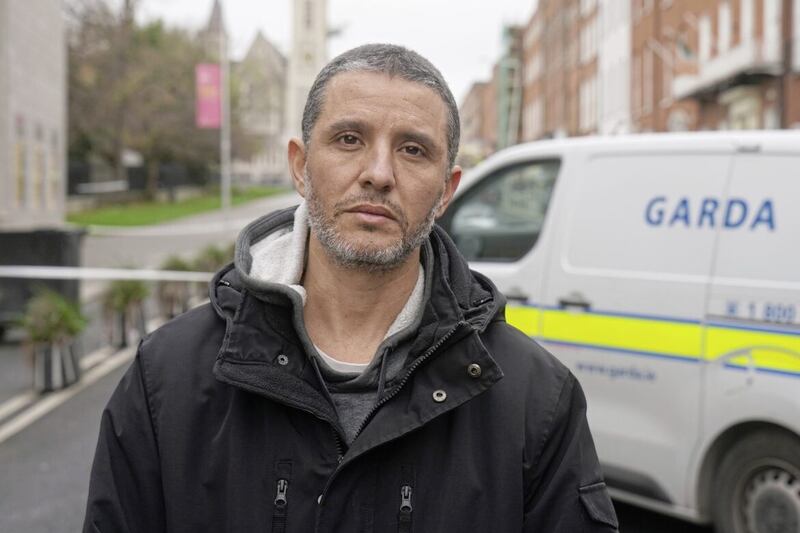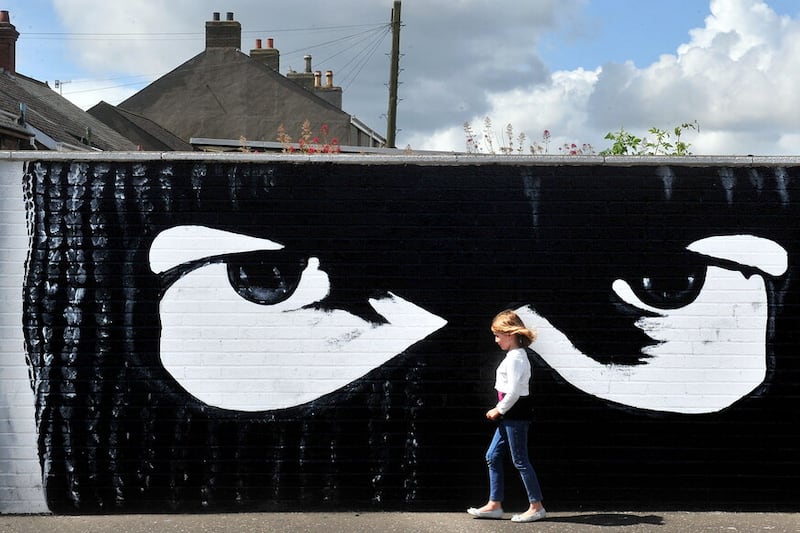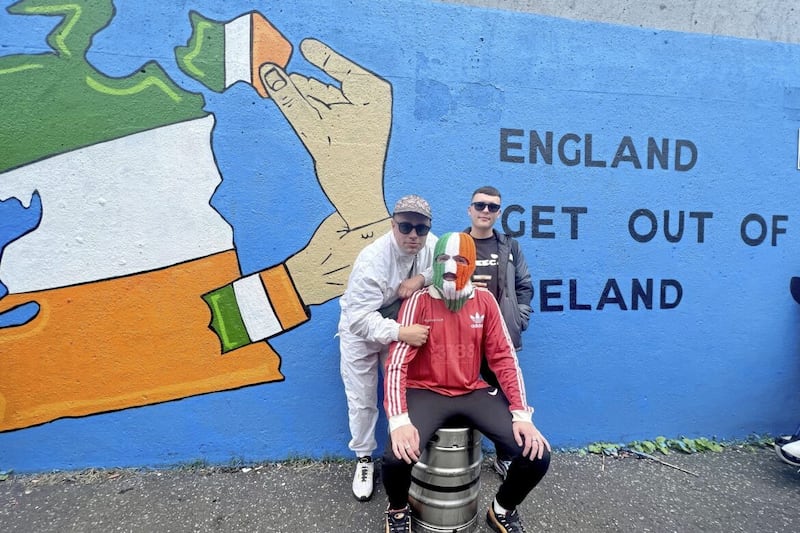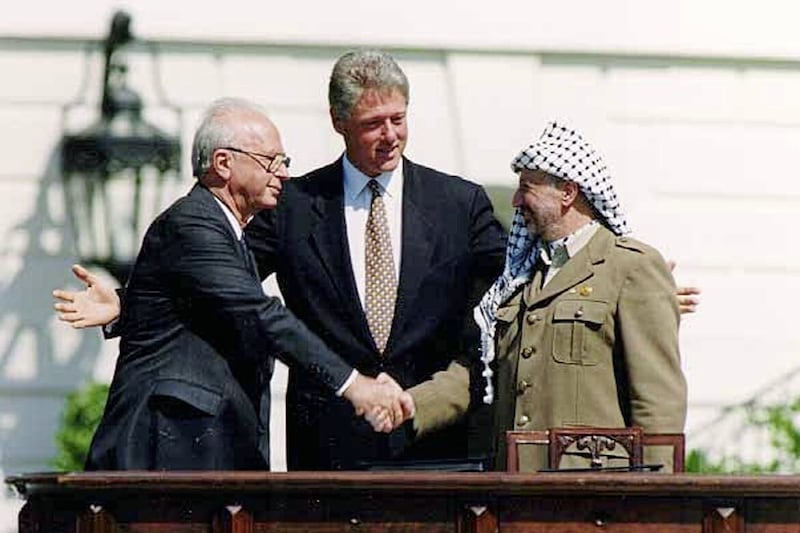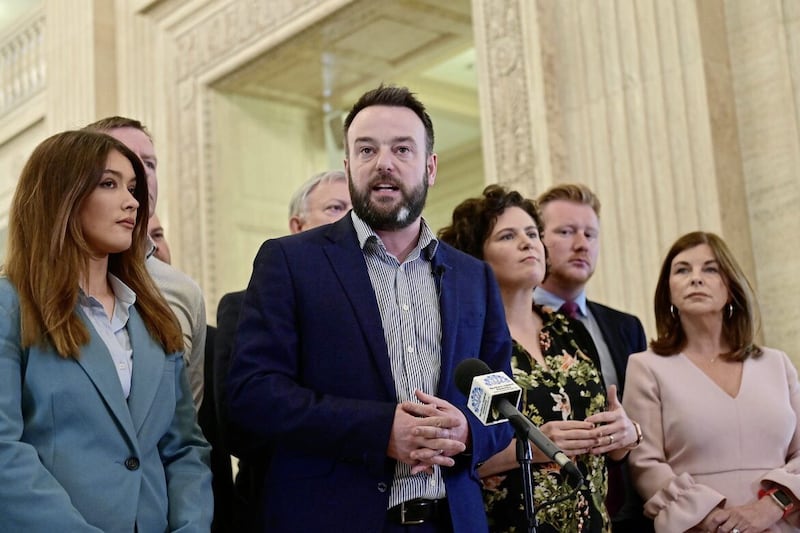A few weeks ago I interviewed Rory McShane, one of the leaders of the Northern Ireland Civil Rights Association (NICRA).
The 50th anniversary of the movement’s founding was approaching and I thought it worthwhile hearing from a witness from that time.
When you look at those black and white images of both turmoil and expectation, the faces will be less well-known to many younger people, but for those that do recognise them it’s clear that many of those who would become leading lights of the future SDLP, such as John Hume, Gerry Fitt, Ivan Cooper, Denis Haughey and Austin Currie, were to the fore of the civil rights campaign. Of course, there were other prominent leaders too such as Bernadette Devlin, Eamonn McCann, Michael Farrell, the McCloskeys and Liam McMillen all of whom would become household names and heroes within the wider Catholic community.
Rory McShane could be described as one of those ‘bright young things’ of his generation. He had organisational skills and was an articulate orator. Reflecting on the civil rights movement, McShane believes it was a movement of its time as the demand for reform and change was in the air from Alabama to Paris. And of course, television as a medium was just coming into its own - so that wind of change which was sweeping across continents was being beamed into Belfast.
Since partition, Northern Ireland was wrapped in its own cocoon. The unionist hegemony was never challenged by Westminster, which adopted an out of sight out of mind policy. In over 40 years of Stormont rule, the north had been run with indifference towards the Catholic community. Discrimination was part of official policy. Remote Big House unionists operated like white Rhodesian farmers. The stagnant Nationalist Party was losing its grip on an increasingly agitated, angry and educated younger Catholic population.
To its credit, NICRA did attract cross community support and was not the republican plot as claimed by Ian Paisley. Liberal protestants too saw that change was inevitable and that the iniquitous housing discrimination going on in a gerrymandered Derry and the obscene underinvestment and high unemployment west of the Bann could not continue. The faltering O’Neill government was late realising the significance of the changes about to sweep through the north - although to his credit, he was constantly thwarted from within his own party.
The highly-publicised Caledon squat over discrimination in housing by the then Stormont MP Austin Currie was unprecedented but as McShane pointed out many more unprecedented moments would occur in the short lifetime of the civil rights movement, including the battering of the Westminster Republican Labour MP Gerry Fitt, the water cannoning of John Hume and his subsequent arrest and the Burntollet attack by Major Ronald Bunting, a prominent supporter of Ian Paisley on peaceful civil rights marchers who were stoned and beaten whilst the RUC watched on.
McShane is rightly proud of his contribution to the civil rights movement and even more so of its achievements.
The historian Dr Eamon Phoenix said in this paper that the civil rights movement achieved more for nationalists in “45 days than the preceding 45 years”. What McShane regretted most was the descent of street activism and non-violent protest into violence and he doesn’t subscribe to the revisionist viewpoint that this violence was inevitable.
With the benefit of hindsight, it’s hard to disagree with his analysis. The continued unionist intransigence, the kowtowing to threats from the loyalist fringe leaders, like Ian Paisley and his rabble-rousing speeches, the counter-productive attempts by the British government to quell legitimate protest by military force and the hi-jacking of the cover of the civil rights movement by an unrepresentative group of militant republicans, would seem to leave the blame firmly and squarely with a recalcitrant unionist leadership, an incompetent British government manned by Colonel Blimp types and a Machiavellian minority paramilitary group - the IRA.
That the Northern Ireland Civil Rights Association achieved most of its aims including the end of gerrymandering, the creation of housing system based on need, the reform of local government and voting and of course the disbandment of the hated B Specials in a relatively short period of time is nothing short of remarkable for place better known for its inertia.
Within six years the leaders of the civil rights movement also saw the establishment of a power-sharing executive after Sunningdale.
What we have today is largely due to those leaders who won their war with words not weapons. It took another generation to learn that lesson.




